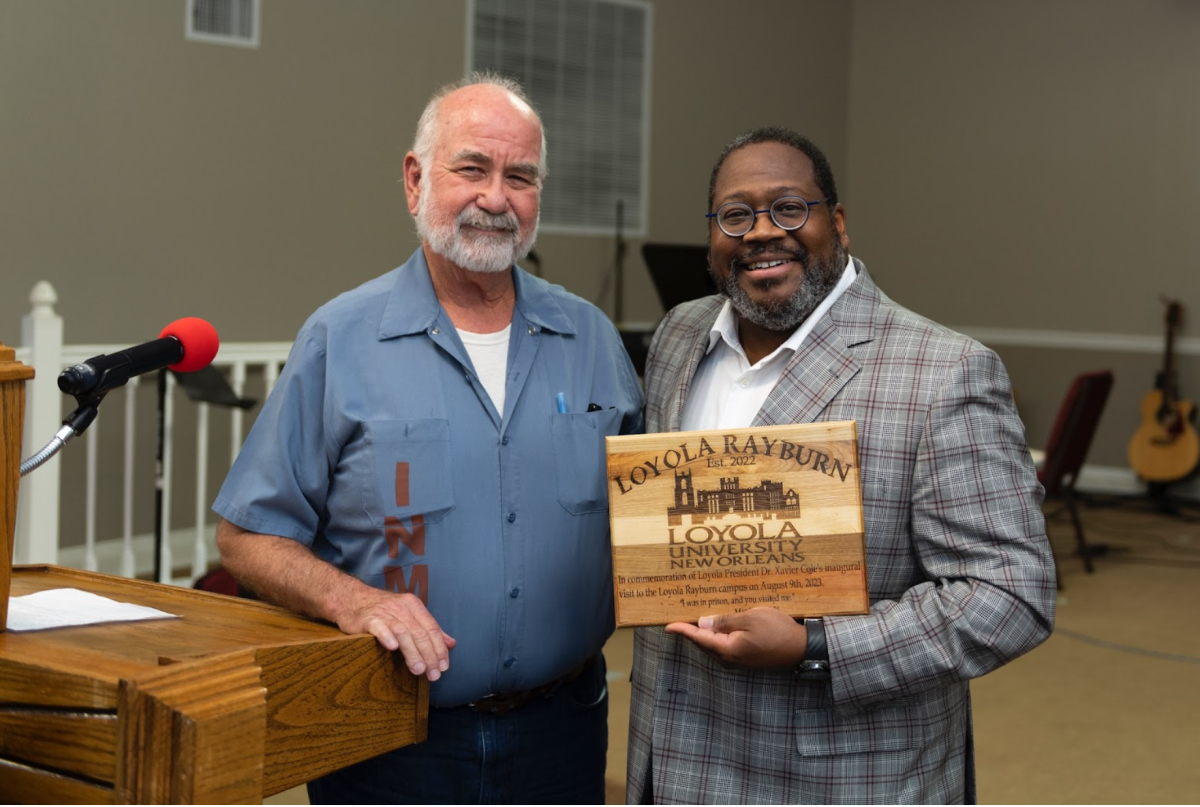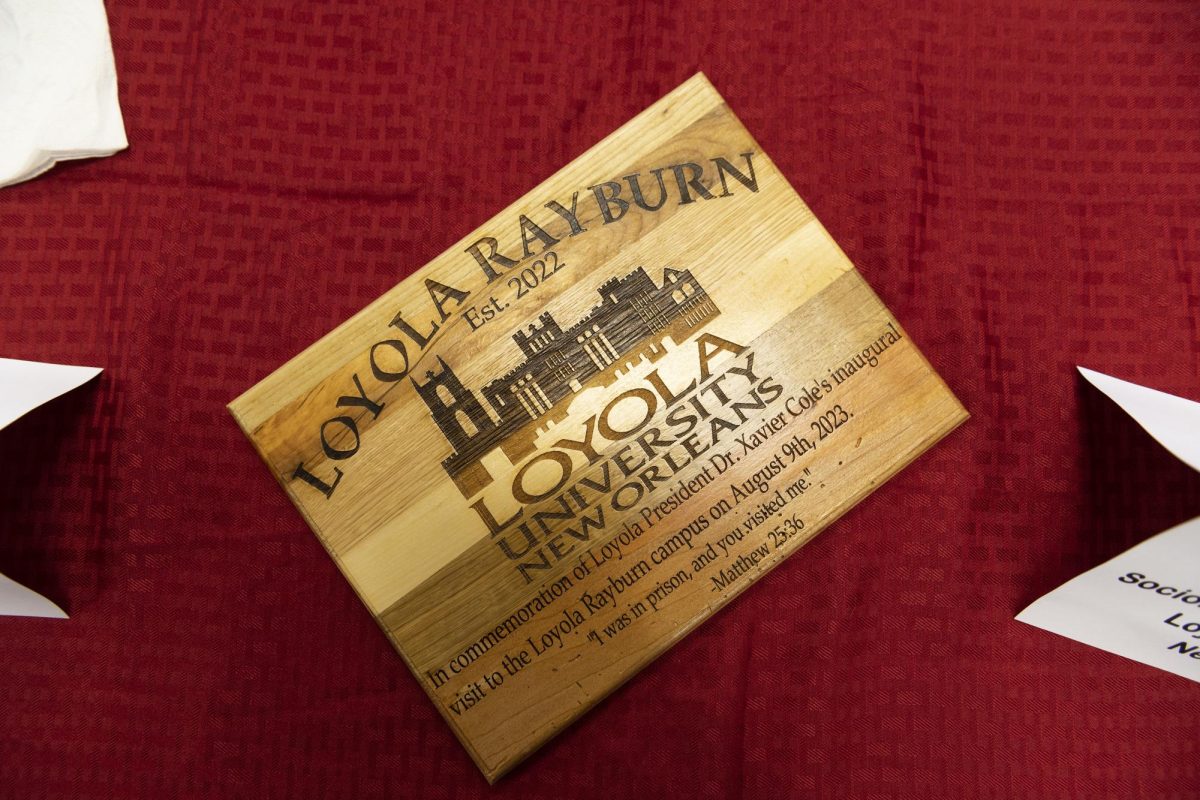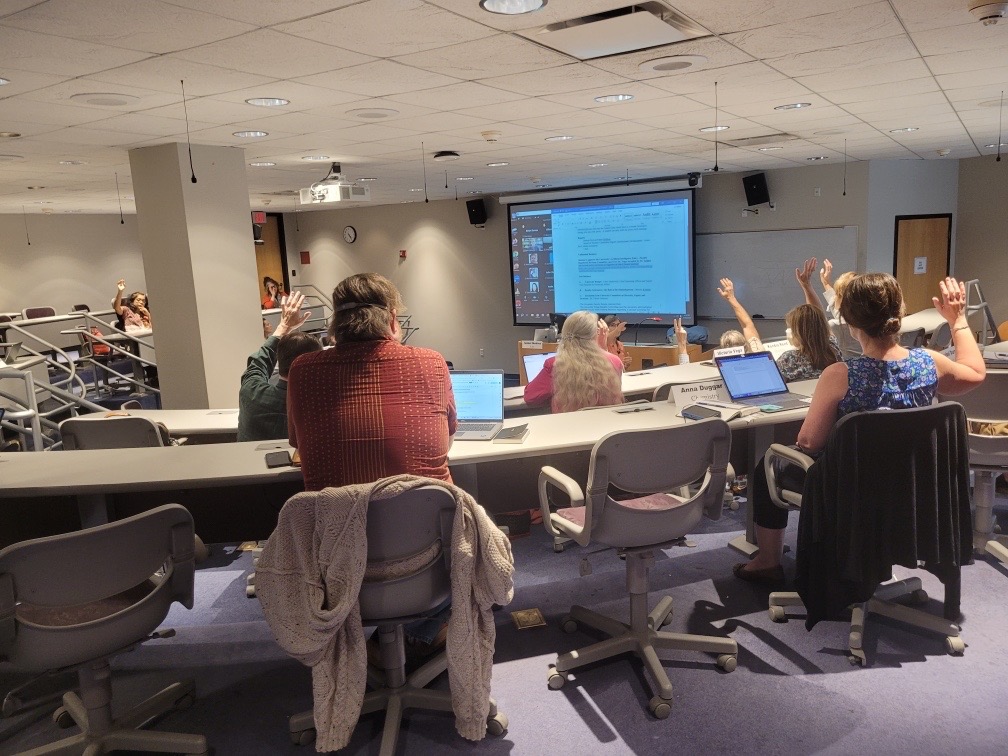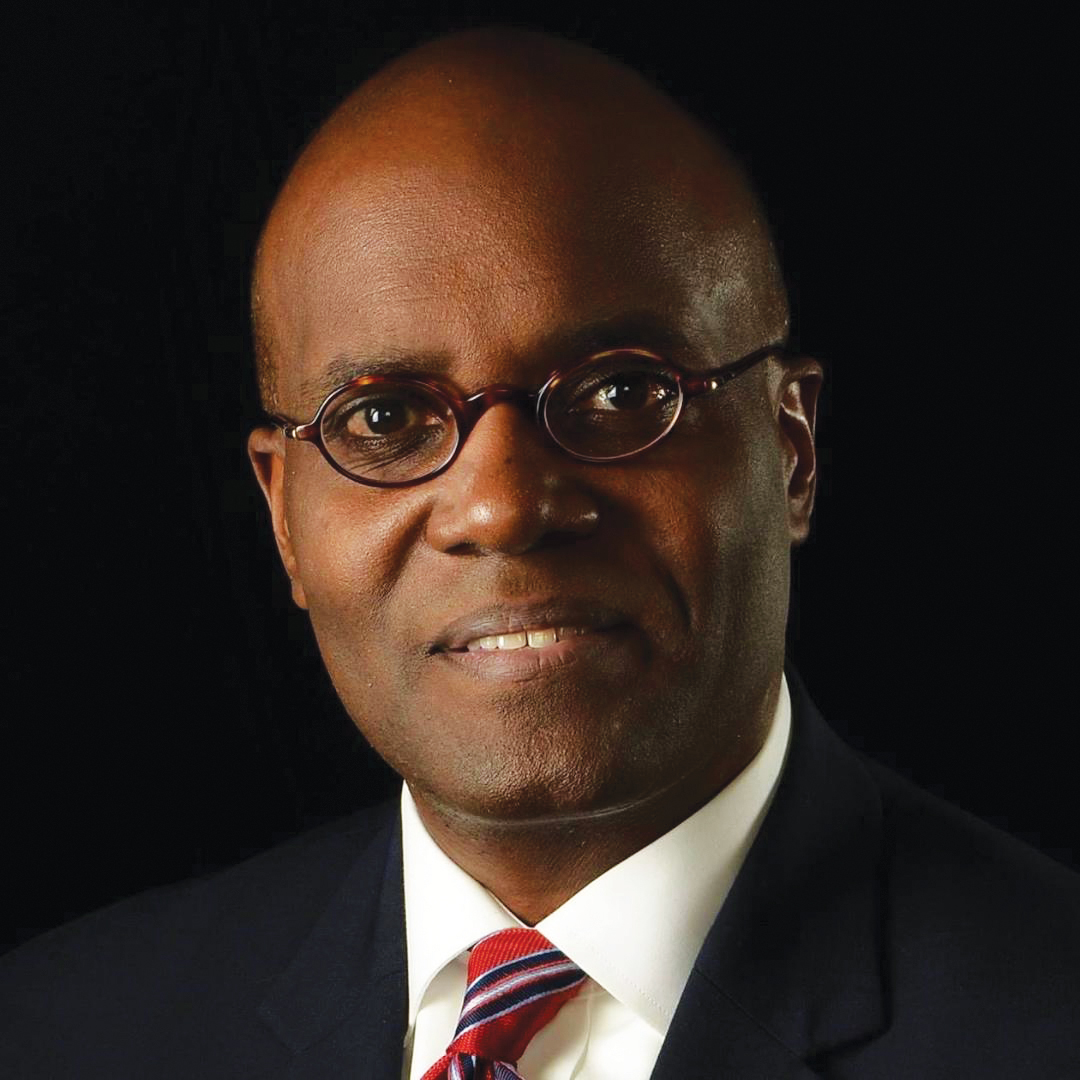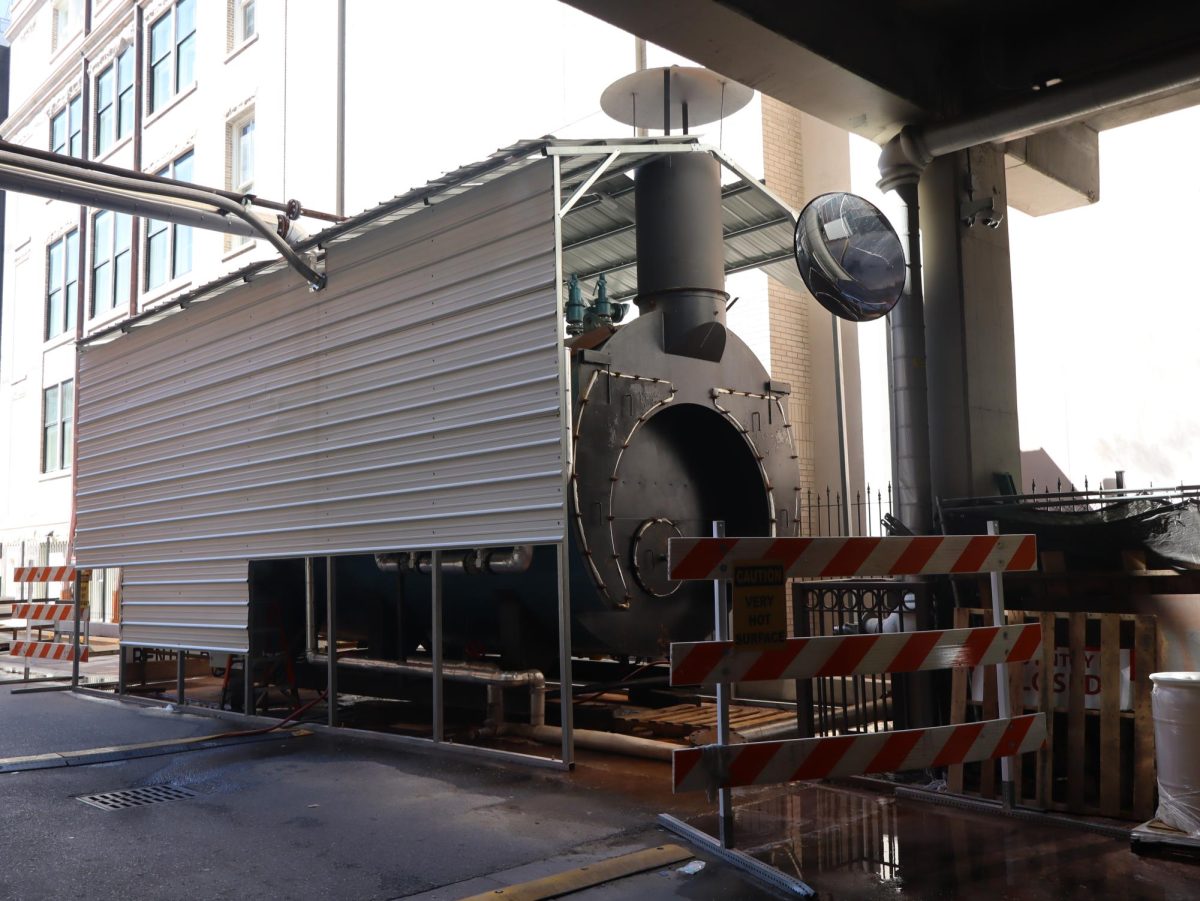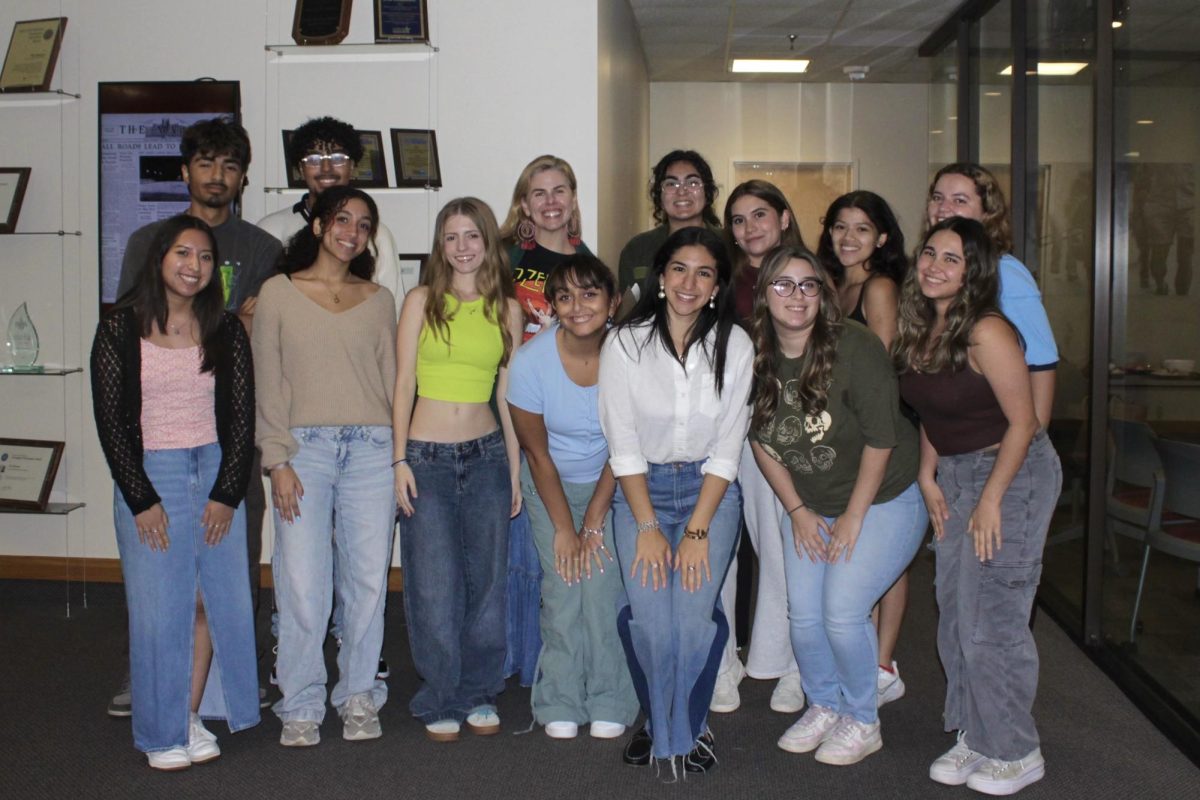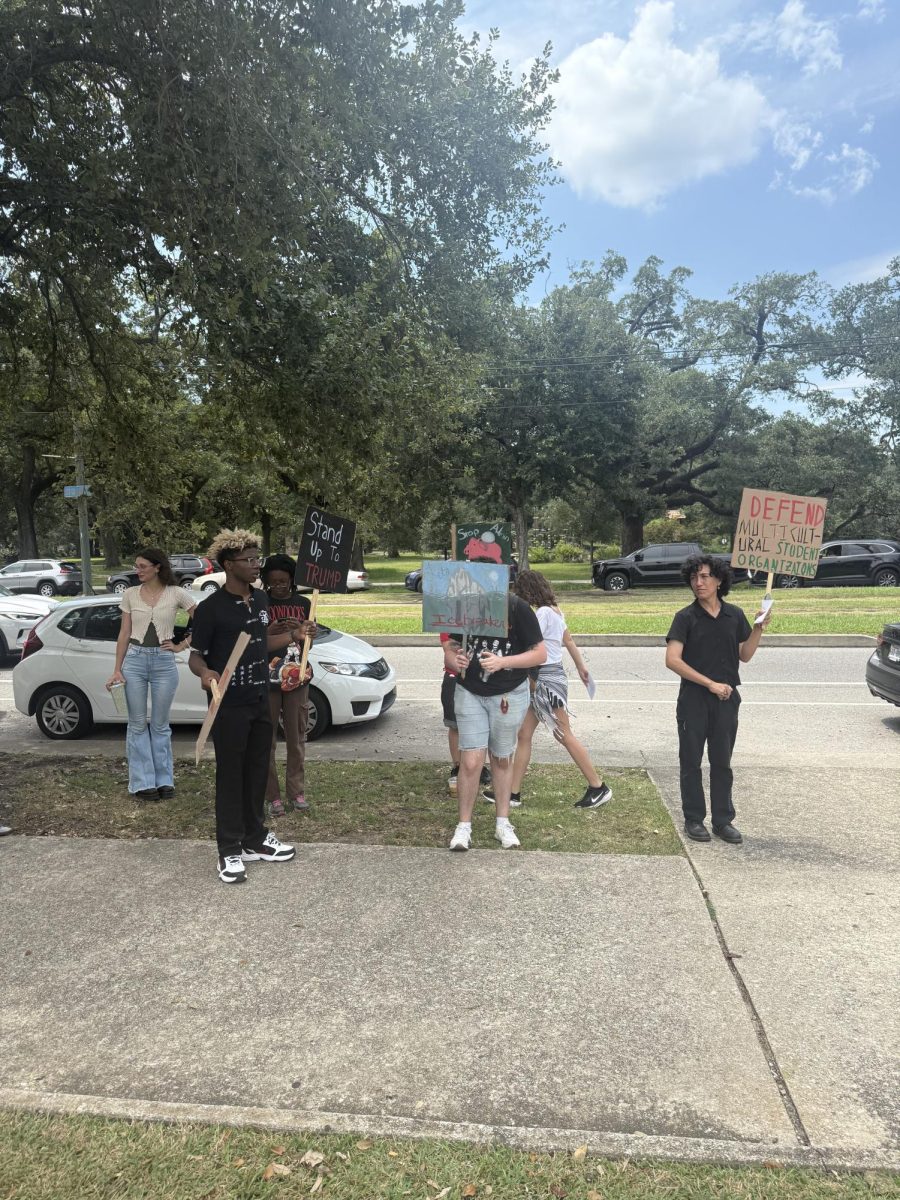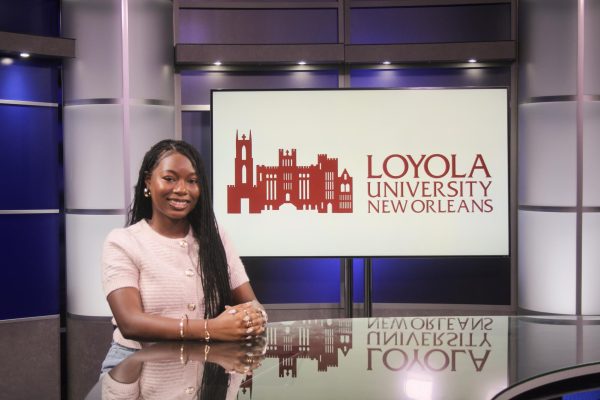The U.S. Department of Education approves Loyola’s prison education program at the Benjamin Burras Rayburn Correctional Center, allowing incarcerated students to access federal Pell Grants to fund their education.
Loyola is the only four year college based in Louisiana to receive DOE’s approval. Two other institutions, Louisiana Delta Community College and Upper Iowa University, have also earned the designation.
Stephanie Gaskill, associate director of Loyola’s Jesuit Social Research Institute and the program’s lead administrator, said she immediately shared the news with students at Rayburn.
“I emphasized that this milestone demonstrates Loyola’s commitment to them and to the long-term sustainability of the bachelor’s degree program at Rayburn,” Gaskill said. “This whole process represents a significant investment of the university’s resources, but they are worth it. Their hard work and dedication to their studies make it all worthwhile.”
The partnership between Loyola and Rayburn, located in Angie, Louisiana, began in fall 2022 when Loyola accepted its first 20 incarcerated students and 14 correctional employees. By 2024, the Southern Association of Colleges and Schools Commission on Colleges accredited the program.
Today, 40 students are pursuing a Bachelor of Applied Science degree with concentrations in business management and psychology.
The approval was the final step in a three part process established by the DOE to ensure prison education programs meet federal standards. Loyola completed extensive applications with the Louisiana Department of Public Safety and Corrections, SACSCOC, and the Department of Education, including a site visit at Rayburn.
The milestone also highlights the return of Pell Grant access to incarcerated students after decades of restriction. The 1994 Crime Bill barred incarcerated students from using Pell Grants, a policy Congress did not fully reverse until 2020.
Annie Phoenix, executive director of Loyola’s Jesuit Social Research Institute, said the approval is a testament to years of advocacy.
“In 2019, I had the opportunity to join formerly incarcerated leaders in Washington, D.C., to advocate before legislators for the restoration of Pell Grant eligibility for incarcerated students,” Phoenix said. “Today, it is deeply meaningful to see our students benefit from the decades of advocacy that made this possible.”
Loyola hopes to expand the program by offering more classes each semester, shortening the time required to earn a degree, and developing career opportunities for graduates, according to Phoenix and Gaskil.
“We know we can’t do it alone,” Gaskill said. “There is so much untapped talent inside Louisiana’s jails and prisons, and it will take all of us to ensure people have the resources to achieve their goals. If Loyola can do it, others can, too.”


